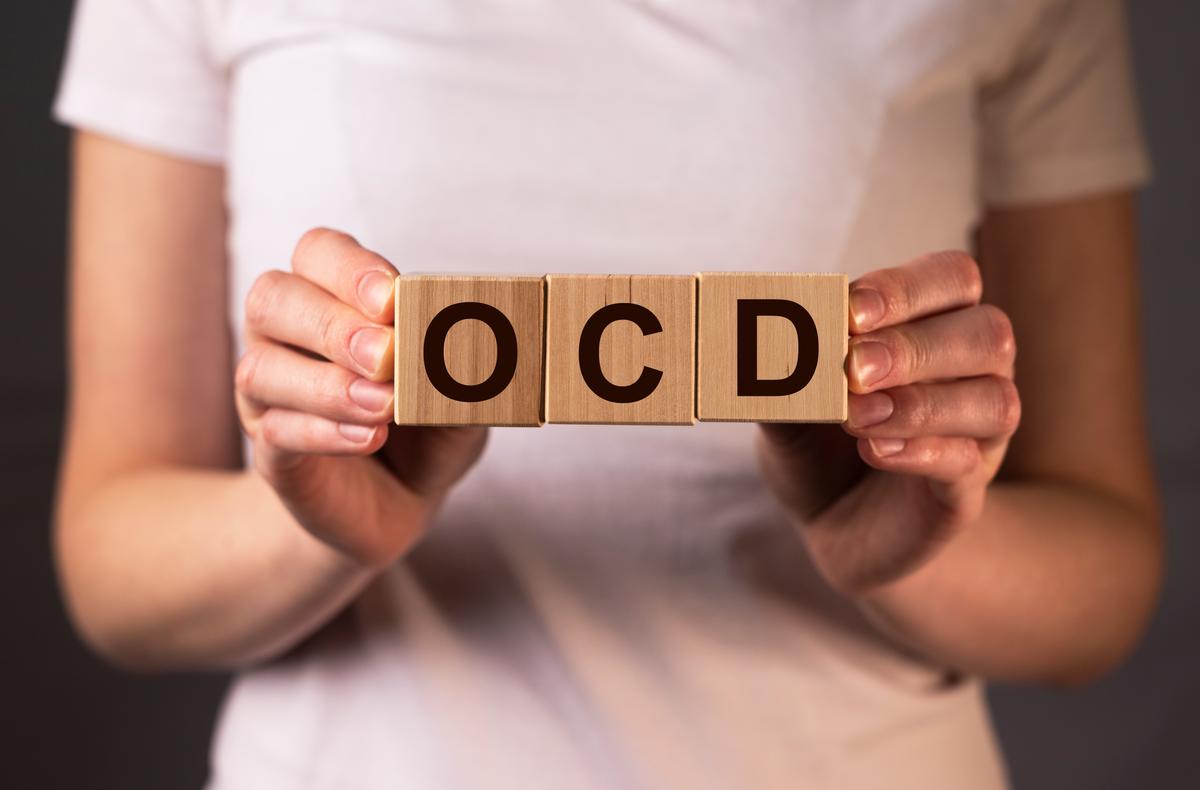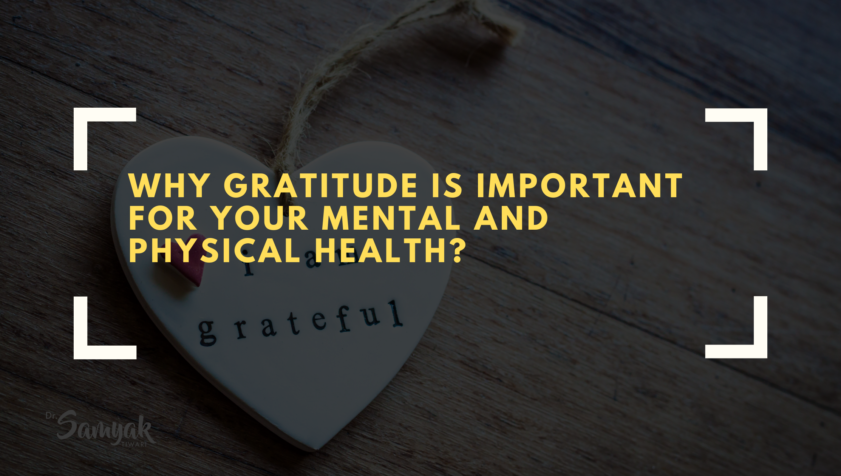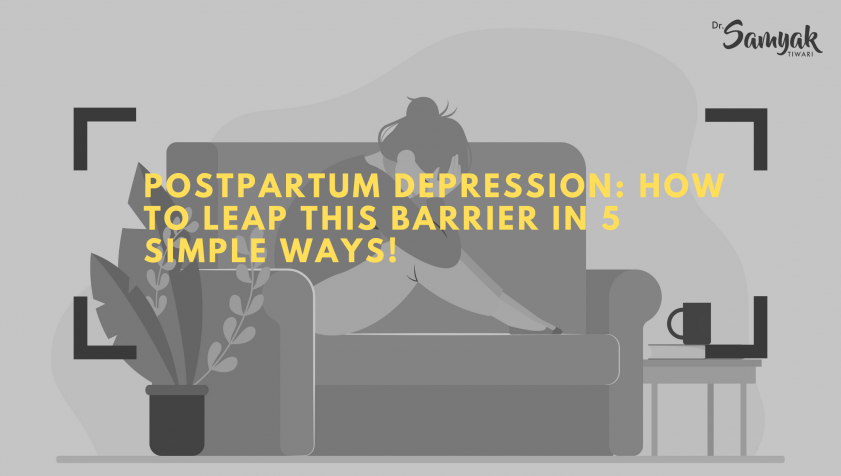UnderstandingBiploar Disorder Symptoms and Treatment
Bipolar disorder, recognized as manic-depressive illness, is a mental health condition distinguished by significant fluctuations in mood. Individuals with bipolar disorder experience periods of intense highs, known as manic episodes, and periods of extreme lows, known as depressive episodes. Recognizing the symptoms of bipolar disorder is crucial for early detection and effective management. In this article, we will explore the ten most common symptoms of bipolar disorder and understand how its is treated through medication, therapy and lifestyle changes.
Bipolar Disorder Symptoms
Restlessness
Restlessness is a common symptom of bipolar disorder, particularly during manic episodes. Individuals may feel an intense urge to constantly move or engage in excessive physical activity. They may struggle to sit still or have difficulty focusing on one task.
Accelerated Speech
During manic episodes, individuals with bipolar disorder often experience rapid, pressured speech. They may talk excessively, jump from one topic to another, and have difficulty maintaining a coherent conversation. This symptom is often noticeable to others.
Lack of Sleep
A decreased need for sleep is a hallmark symptom of manic episodes. People with bipolar disorder may find themselves sleeping very little or not at all, yet still feel energized and restless. This lack of sleep can exacerbate other manic symptoms.
Overconfidence
During manic episodes, individuals with bipolar disorder may exhibit an inflated sense of self-esteem and overconfidence. They may take on risky or impulsive behaviors without fully considering the consequences. This heightened self-belief can lead to poor decision-making.
Agitation
Agitation is a common symptom of bipolar disorder experienced during both manic and depressive episodes. Individuals may feel restless, irritable, or on edge. This heightened state of agitation can make it difficult to relax or engage in daily activities.
Hopelessness
During depressive episodes, one with bipolar disorder may feel overwhelming sadness, hopelessness, and a general loss of interest or pleasure in activities. They may struggle with feelings of worthlessness or excessive guilt, leading to a negative outlook on life.
Appetite Loss
Changes in appetite are prevalent in both manic and depressive episodes of bipolar disorder. Some individuals may experience a decrease in appetite, leading to weight loss. Others may engage in excessive eating, known as binge eating, as a way to cope with their emotions.
Memory Loss
Cognitive difficulties, such as memory loss or problems with concentration, are common symptoms of bipolar disorder. Individuals may have trouble recalling recent events, concentrating on tasks, or making decisions. This can significantly impact daily functioning.
Lowered Concentration
During both manic and depressive episodes, individuals with bipolar disorder often struggle with decreased concentration and difficulty staying focused. They may have trouble completing tasks or following through on responsibilities.
Suicidal Thoughts
One of the most serious symptoms of bipolar disorder is the presence of suicidal thoughts or behaviors. Both depressive and mixed episodes can heighten the risk of suicide. If you or someone you know is experiencing suicidal thoughts, it is crucial to seek immediate help from a mental health professional or contact a helpline.
Bipolar Disorder Treatment
Treatment for bipolar disorder combines medication, psychotherapy, and lifestyle modifications in a multifaceted manner. Stabilizing mood, controlling symptoms, and preventing relapses are the main objectives of treatment. People can improve symptoms, control and improve their quality of life by addressing the underlying causes and triggers of bipolar disorder.
Medication for Bipolar Disorder Treatment
The treatment of bipolar disorder depends heavily on medication. To control manic and depressive episodes, prevent relapses, and stabilize mood, various drug classes are recommended. These medications include:
1)Mood stabilizers: Mood stabilizers are the cornerstone of bipolar disorder treatment. They help regulate mood swings and prevent extreme highs and lows. Commonly prescribed mood stabilizers include lithium, valproate, and carbamazepine.
2)Antipsychotics: Antipsychotic medications are often prescribed during manic episodes to reduce agitation, hallucinations, and delusions. They can also help stabilize mood and prevent future episodes. Some commonly prescribed antipsychotics include risperidone, olanzapine, and quetiapine.
3)Antidepressants: Antidepressant medications are used cautiously in bipolar disorder treatment. They may be prescribed during depressive episodes to alleviate symptoms of sadness, fatigue, and lack of interest. However, they are often combined with mood stabilizers to prevent triggering manic episodes.
4)Anxiolytics: Anxiolytic medications, such as benzodiazepines, may be prescribed to manage anxiety and promote better sleep in individuals with bipolar disorder.
It is important to note that medication regimens should be tailored to each individual's specific needs and closely monitored by a healthcare professional. Regular follow-ups and open communication with the treatment team are crucial for optimizing medication effectiveness and minimizing side effects.
Psychotherapy for Bipolar Disorder Treatment
Psychotherapy, or talk therapy, is an integral part of bipolar disorder treatment. It provides individuals with a safe space to explore their thoughts, emotions, and behaviors while developing effective coping strategies. Here are some commonly used psychotherapies for bipolar disorder:
1)Cognitive- Behavioral Therapy( CBT): CBT helps individuals identify and challenge negative thought patterns and beliefs that contribute to mood disturbances. By replacing irrational thoughts with more balanced ones, individuals can develop healthier coping mechanisms.
2)Interpersonal and Social Rhythm Therapy( IPSRT): IPSRT focuses on stabilizing daily routines and maintaining consistent social rhythms, such as sleep- wake cycles and mealtimes. By promoting stability in daily life, IPSRT can help individuals manage mood swings and prevent relapses.
3) Family-Focused Therapy( FFT): FFT involves family members in the treatment process to improve communication, resolve conflicts, and enhance support systems. By fostering a positive and understanding family environment, individuals with bipolar disorder can experience improved treatment outcomes.
4)Psychoeducation: Psychoeducation provides individuals and their families with information about bipolar disorder, its symptoms, and available treatment options. It equips individuals with the knowledge and skills to actively participate in their treatment and self-management.
Lifestyle Modifications for Bipolar Disorder Treatment
Certain lifestyle changes, in addition to medication and psychotherapy, can make a significant difference in the treatment of bipolar disorder. Establishing and upholding a regular daily routine can help to stabilize mood and lessen the risk of episodes occurring. Prioritizing nutrition, exercise, and sleep is crucial to promoting general well-being.
1)Stress Reduction Techniques: People can manage stress and control their emotions by learning and using stress reduction techniques like mindfulness meditation, deep breathing exercises, and yoga.
2)Avoiding Substance Abuse: Addiction to drugs can make bipolar disorder symptoms worse and reduce the efficacy of treatment. Alcohol and recreational drugs should be avoided by people with bipolar disorder.
3)Building a Support Network: Feeling connected to one's family, friends, and peers can help one feel more connected and emotionally supported. Bipolar disorder support groups and online communities can also be helpful tools.
Conclusion
Early recognition and treatment are vital for effectively managing bipolar disorder symptoms. The disorder's symptoms, characterized by manic and depressive episodes, require a comprehensive approach. Medication, therapy, and lifestyle adjustments play crucial roles. Mood stabilizers and antidepressants regulate mood swings, while therapy provides support, coping strategies, and education. Personalized treatment plans and open communication with healthcare professionals are essential. Regular monitoring and a strong support system contribute to successful symptom management. Despite challenges, individuals with bipolar disorder can lead fulfilling lives with the right diagnosis, treatment, and ongoing support. Increased research, awareness, and destigmatization efforts are crucial in promoting understanding and compassion. By creating a supportive society, individuals can access the necessary resources for managing bipolar disorder symptoms effectively.









